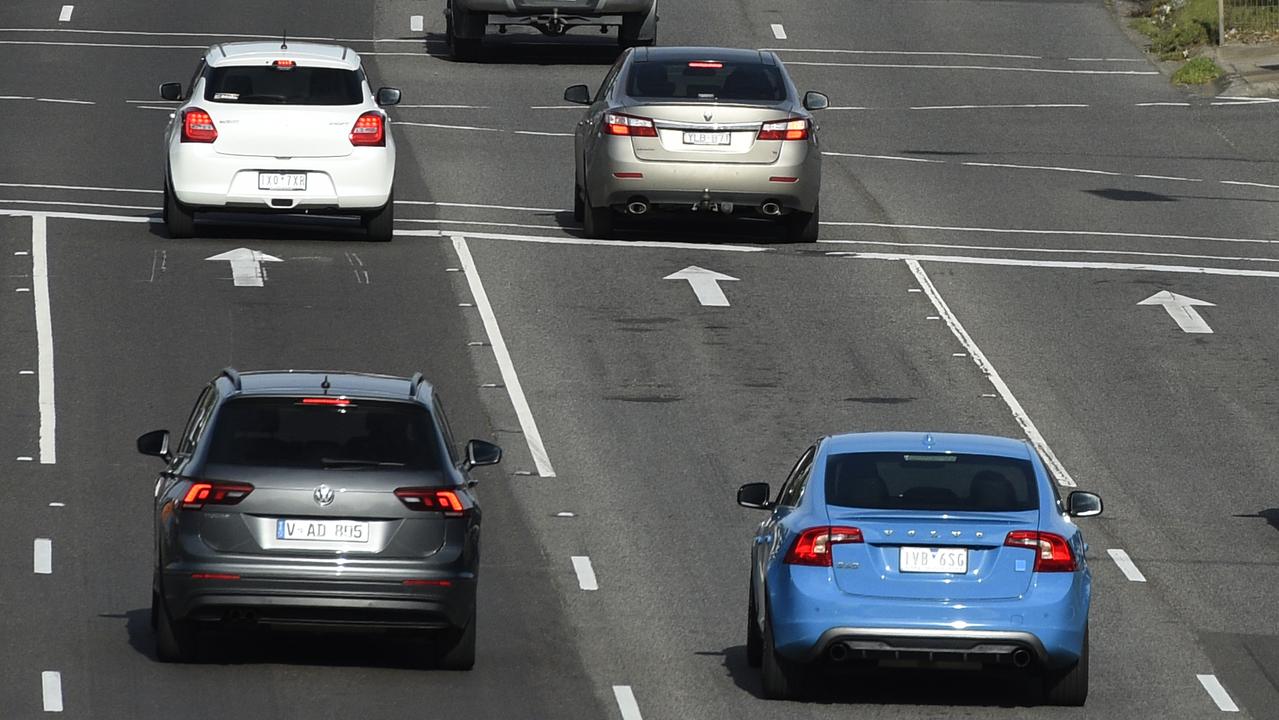History made with first Voice to Parliament address
An Indigenous leader with Australia’s first state-based Voice to Parliament has decried the continued struggles of First Nations people.
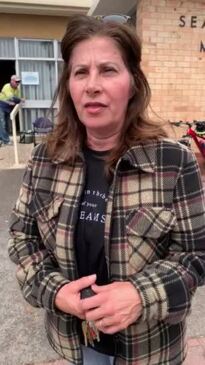
A leader with Australia’s first state-based Voice to Parliament has delivered a historic address decrying continued Indigenous disadvantage, with a call for radical change in how governments interact with First Nations people.
Leeroy Bilney, the presiding officer for South Australia’s newly created Voice, spoke to both houses of the South Australian parliament in a joint sitting on Wednesday, marking the first time a Voice model for greater Indigenous representation in political and social affairs has spoken directly to a parliament.
In a speech shot through with hope for a better future for the state’s Aboriginal people, Mr Bilney said he, the other elected Voice members and parliamentarians had a “long road ahead” of them to close the persistent gap in welfare between Indigenous and non-Indigenous Australians.
But he expressed confidence a Voice with direct access to the state’s decision-makers could transform the status quo and deliver long-term change.
“This historic body is a first for all of us,” he said.
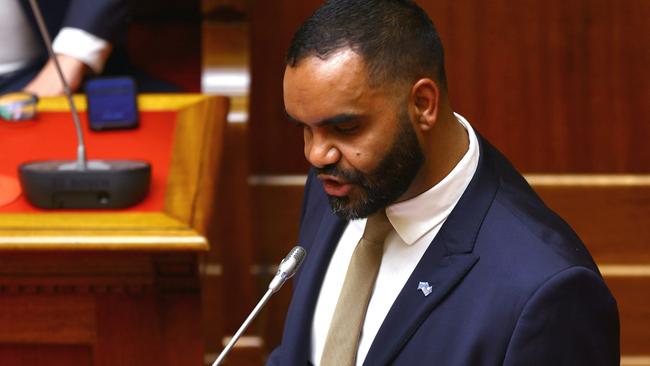
“There is no precedent. A member induction guide was created for us, and a code of conduct, but no rule book or procedures beyond the legislation. And there are no examples in Australia that we can look at.
“We had to build all of that from the ground up … we were building the plane and flying it at the same time.”
The South Australian Voice gives Indigenous leaders the right to address parliament, cabinet and departmental chiefs on issues that concern Indigenous people.
Mr Bilney said the model would help the state move away from a “transactional” relationship with Indigenous residents and bring in Indigenous voices into the corridors of power.
“Our cultural ties, our ties to land and to our ancestors spread far and wide,” he said.
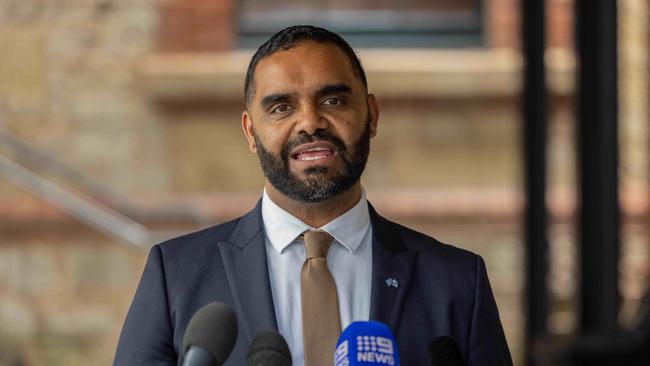
“And we are here today speaking with one voice and united with one purpose.
“We are here for truth-telling and to ignite within you an understanding of the plight of our people.
“You may not walk in our shoes but since the state we know as South Australia was formed, and every day since, we are being asked or told to walk in yours.
“We are here to change that, to lift our state out of ignorance.”
Premier Peter Malinauskas pledged to legislate a Voice in the run-up to the 2022 election and the Voice was established in 2023 with the First Nations Act.Elections for the body were held in March this year.
There are six regional Voices that together make up the state Voice, with 46 members elected to the body.
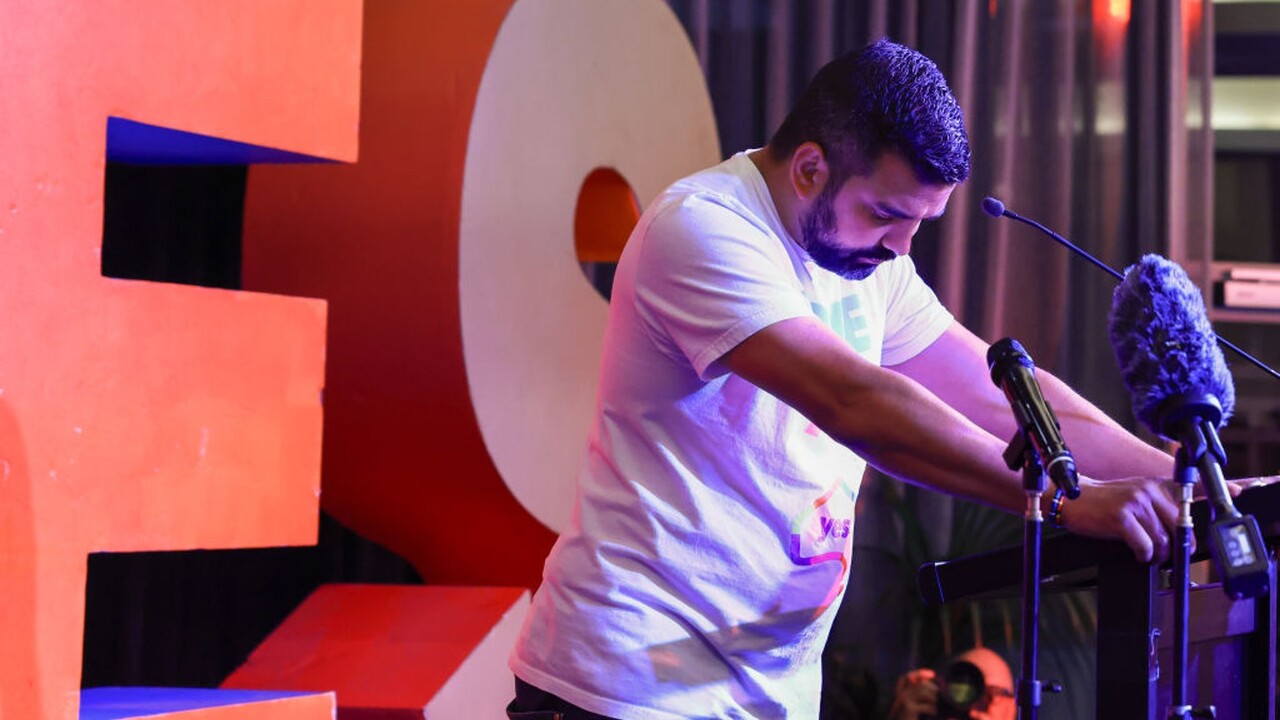
The SA Voice is structured to ensure male and female representation on each of the six local Voices.
Of the six regions, five have seven elected members and one, the Central region, has 11 members.
The six local Voices select two “joint presiding members” from their own ranks who form a 12-member state Voice that advises the state government.
Mr Bilney drilled directly into the stark challenges the Voice and the government will now confront in solving entrenched disadvantage.
There are about 30,000 Indigenous people in South Australia, or some 3 per cent of the population.
But Indigenous people make up 25 per cent of the state’s incarceration rate.
Mr Bilney noted less than a third of First Nations children starting school in South Australia are developmentally on track and just 65 per cent aged in their mid 20s have completed Year 12.
“In health, in criminal justice, in housing, across the board, the story is the same,” he said.
“It is clear many of the policies implemented by successive governments, at a state and federal level, have not worked.”
Elected Voice members have begun holding local meetings with Indigenous people in their respective zones to sketch out solutions.
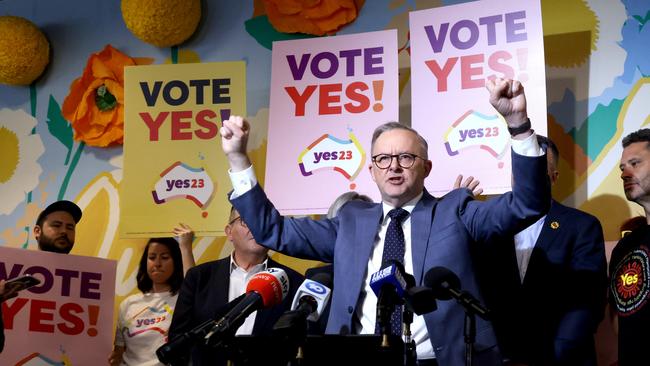
“There were topics commonly raised in a majority of regions. Health and wellbeing, education and employment, housing and infrastructure, cultural preservation, justice and policing.
“They had discussions on how we can prevent our people getting incarcerated and look at prevention strategies before and during incarceration and after release of prison.
“They had discussions about ways to increase the celebration of culture and culturally appropriate preventative mental health services.
“We need reunification and not removals for our children. Some regions focused on tackling drug and alcohol related harm in our communities.”
In 2025, the Voice will hold a further 34 meetings.
Mr Malinauskas ploughed ahead with the new decision-making process despite the overwhelming defeat of the federal-level Voice referendum in October last year.
Every state in Australia rejected the Voice to Parliament and South Australia recorded a 64 per cent No vote, with all of its federal electorates voting to reject constitutional change.
Even the state’s inner-city seats delivered tight No victories, while inner-city electorates in Melbourne, Sydney and Brisbane backed Constitutional change.
Voters in the seat of Adelaide, held by Labor’s Steve Georganas, supported No with 50.4 per cent of the votes, the tightest margin in the state.
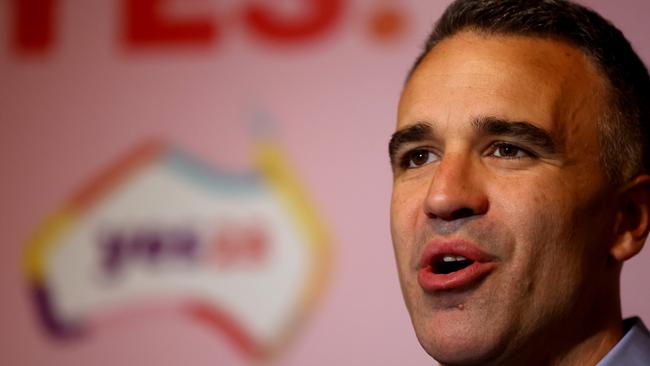
The No wave broadened as the electorates moved away from the city’s core.
Hindmarsh, held by Health Minister Mark Butler, takes in working-class Port Adelaide, the Adelaide Airport and the beach suburbs to the north, and voted 61.6 per cent for No.
Regional and outer suburban South Australia delivered crushing blows to the Yes camp, with the seats of Grey, Spence and Barker all producing No percentages above 70 per cent.
The South Australian Liberal Party opposed the Federal Voice proposal and has expressed scepticism about the state Voice and its ability to improve outcomes for Indigenous people.
The March vote for the Voice positions delivered low turnout, with just 2583 voters picking the 46 representatives.
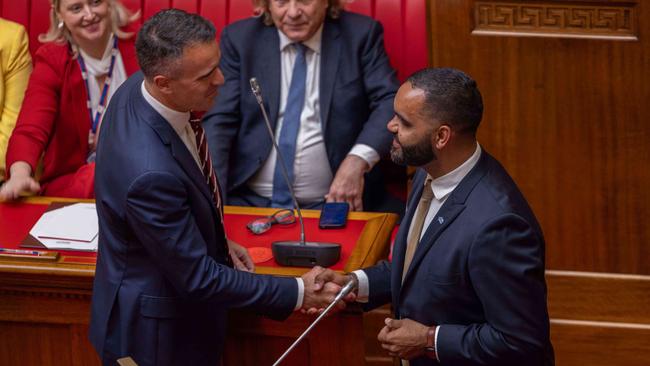
Mr Bilney said he was wanted to prove critics of the Voice wrong.
“There is a lot of cynicism around the creation of the Voice,” Mr Bilney said.
“And there is a heavy burden on us to prove ourselves, to prove ourselves to First Nations people, who heard about the Voice and thought, ‘been there, done that,’ and think we’re just going to be another failed advisory group...those of us who have been elected to the Voice realise just how incredible this moment is and how we have a great responsibility to our people as well as those who put their faith in us by supporting the legislation that has helped us come into being.
“So do not be discouraged, for today is a great day to be a First Nations person in South Australia.”



